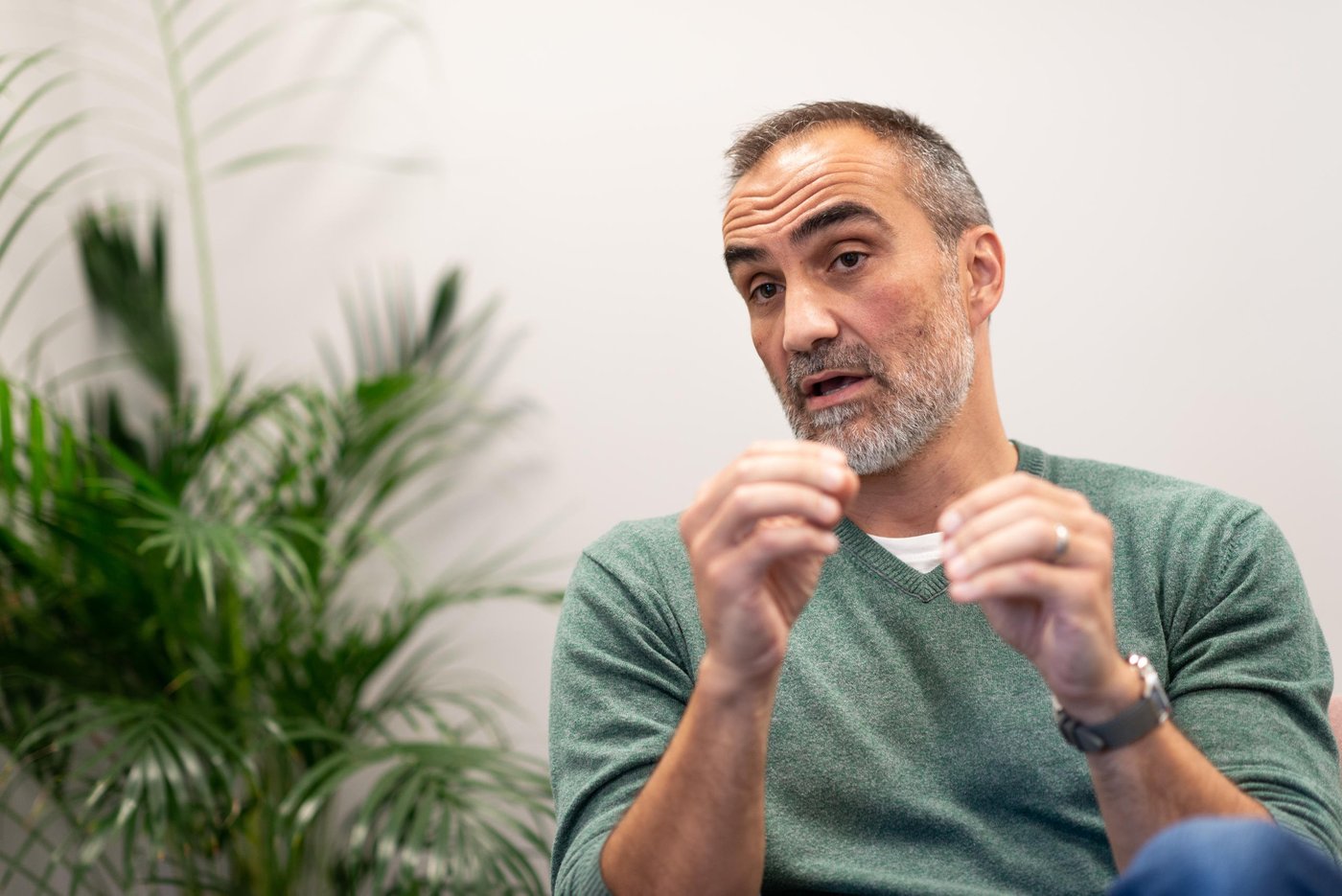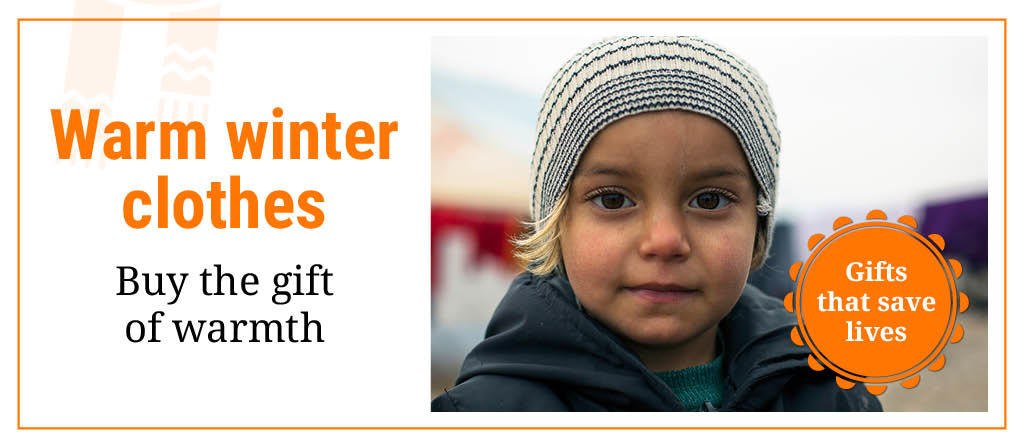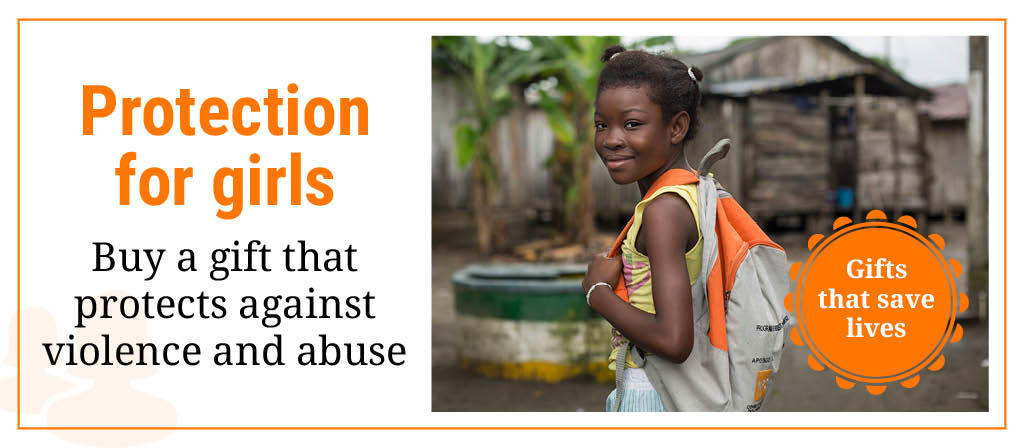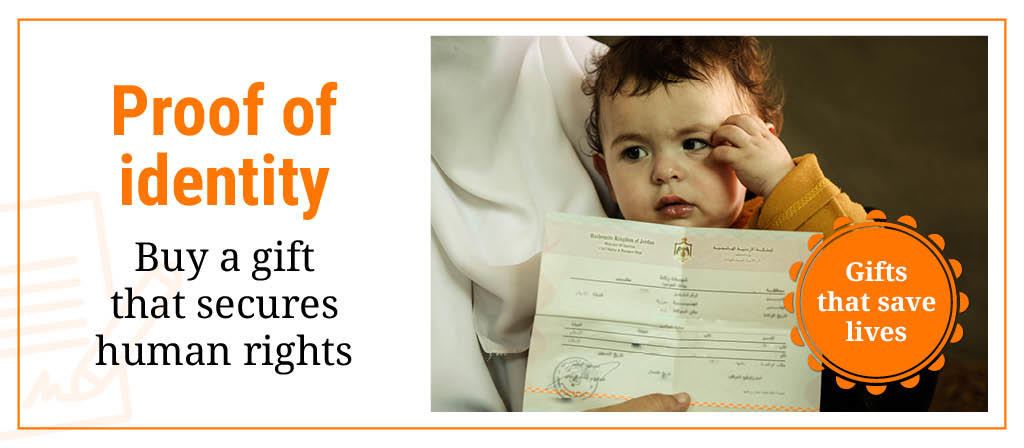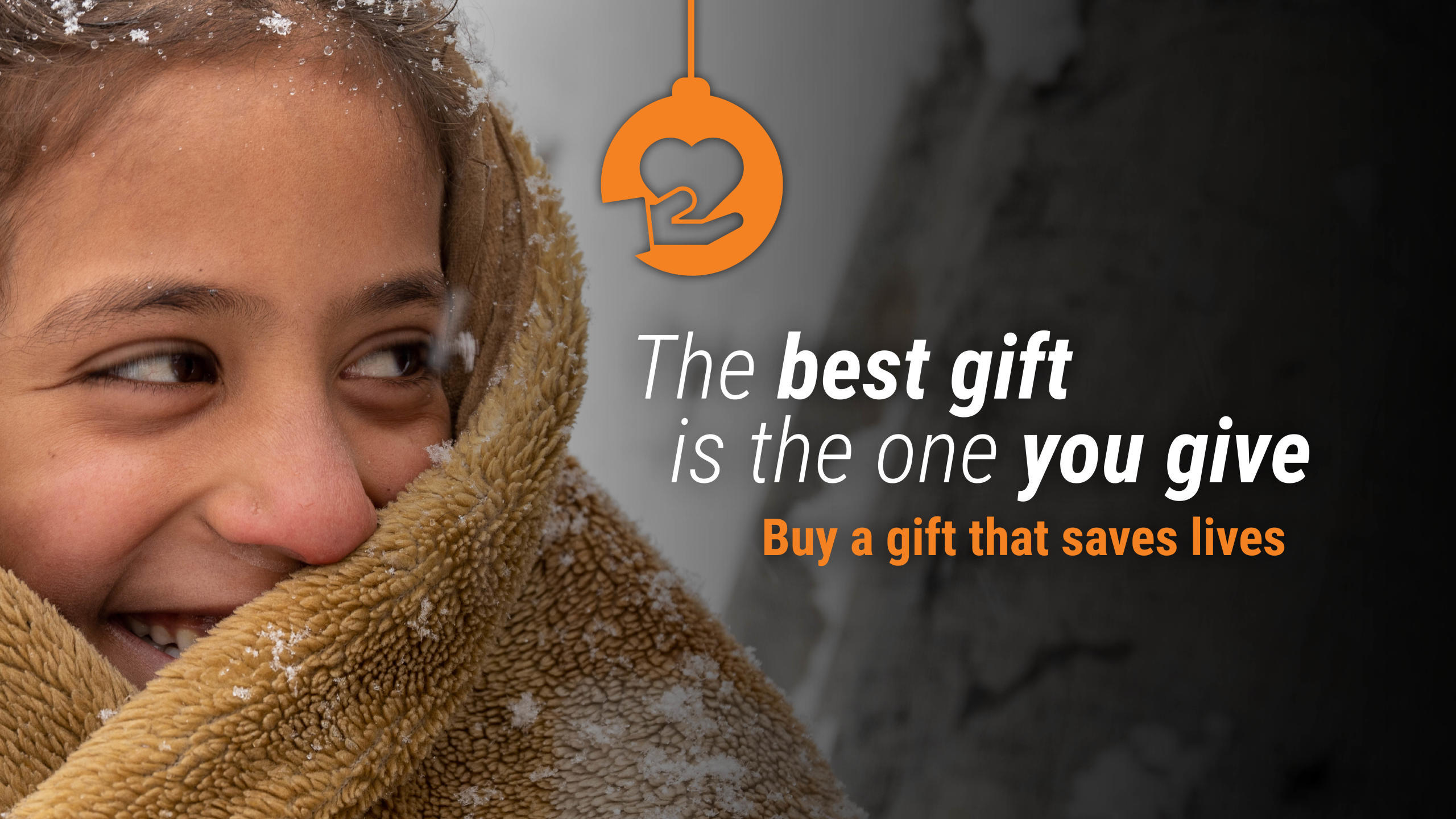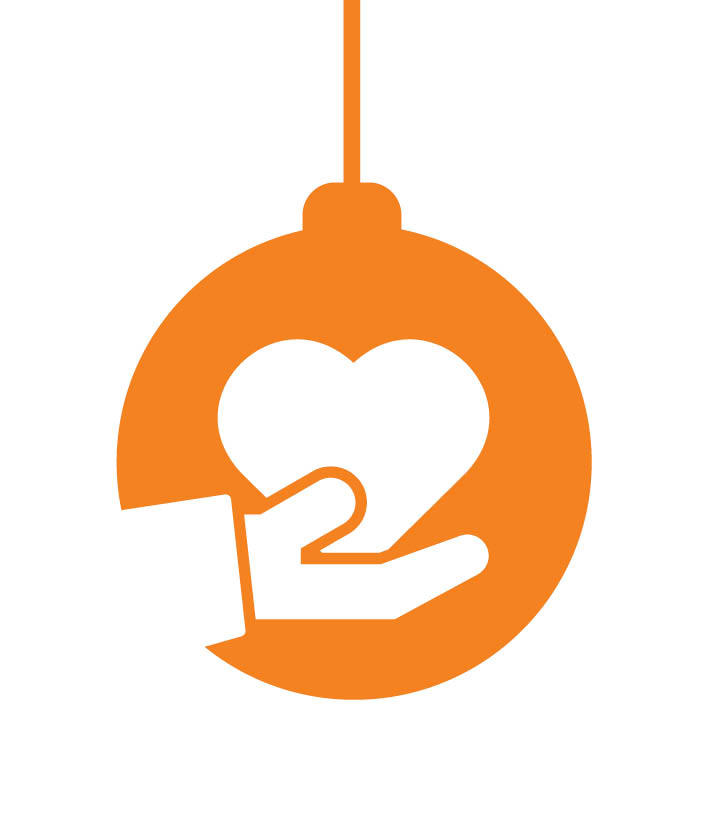
The cold and the darkness are returning once again outside our windows. For many of us who live in this part of the world, these winter weeks before Christmas mean more stress in an already hectic everyday life. Even though our schedules may already be packed, we will have to find time for even more activities – buying presents, going to Christmas parties, and preparing for the festive season ahead.
But warm light streams from the windows of the Favne (“Embrace”) Psychological Assistance clinic, in the heart of Oslo. And inside, the atmosphere is seemingly stress-free. Like a balm for frayed nerves.
Here, there are soft carpets and freshly brewed coffee. Green plants originating from far warmer parts of the globe – a resolute yucca palm here and a silent fiddle-leaf fig there – also have a calming effect on frozen souls.
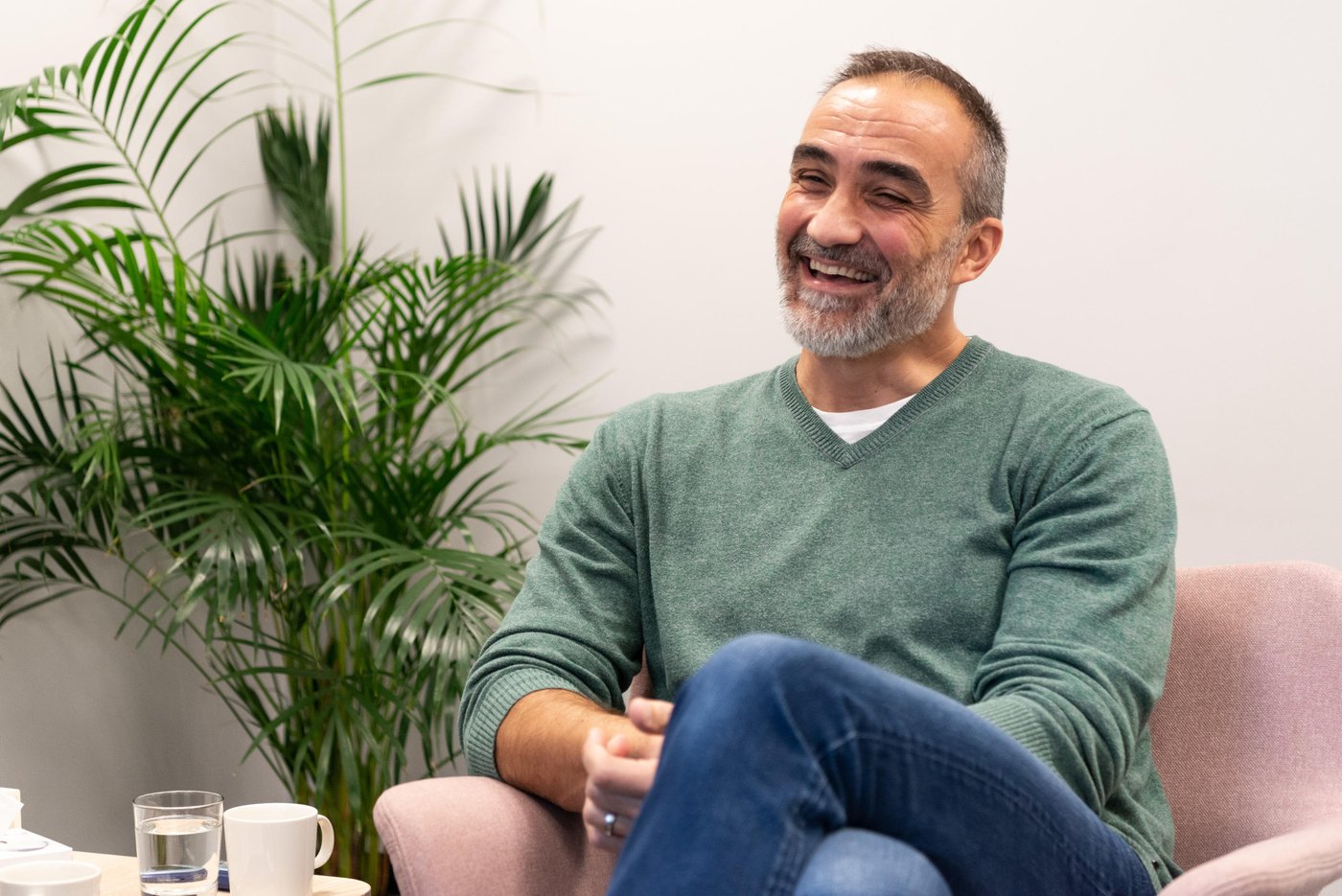
The magic jacket
We meet psychologist Zemir Popovac to talk to him about the importance of gifts in people’s lives. He begins by telling a story from his own life:
“I’m reminded of something nice that I experienced here in Norway,” recalls Popovac, who grew up in the former Yugoslavia and came to Norway as a war refugee when he was 18 years old. He continues:
“My little brother and I came here in the summer of 1993, and we were placed in an asylum reception centre in Gjøvik [a town in eastern Norway]. Shortly after we arrived, some of the neighbours had collected clothing that they no longer needed. We were given those clothes. I remember receiving a stylish autumn jacket. It was beige with a fleece lining. After I started wearing it, I discovered that it was a type of jacket normally worn by pensioners in Gjøvik.”
I thought: “I want that jacket”
He chuckles, before continuing:
“In other words, it was not a trendy jacket for a teenager, and I was 18 years old. But instead of putting the jacket away and thinking that it wasn’t for me, I thought that it had surely been used by one of those tough old men. I had seen that older Norwegians were fit and sporty. So I decided that the jacket had been used by one of those tough guys who went roller skiing. I thought: ‘I want that jacket’.”
Popovac smiles and opens his arms:
“It was a bit like borrowing Grandpa’s coat. You kind of become a bigger version of yourself, right? In a way, you acquire some of the qualities of the previous owner. It made me think about how there is a kind of relationship between me as the recipient and the unknown donor.
“Suddenly I wasn’t alone.”
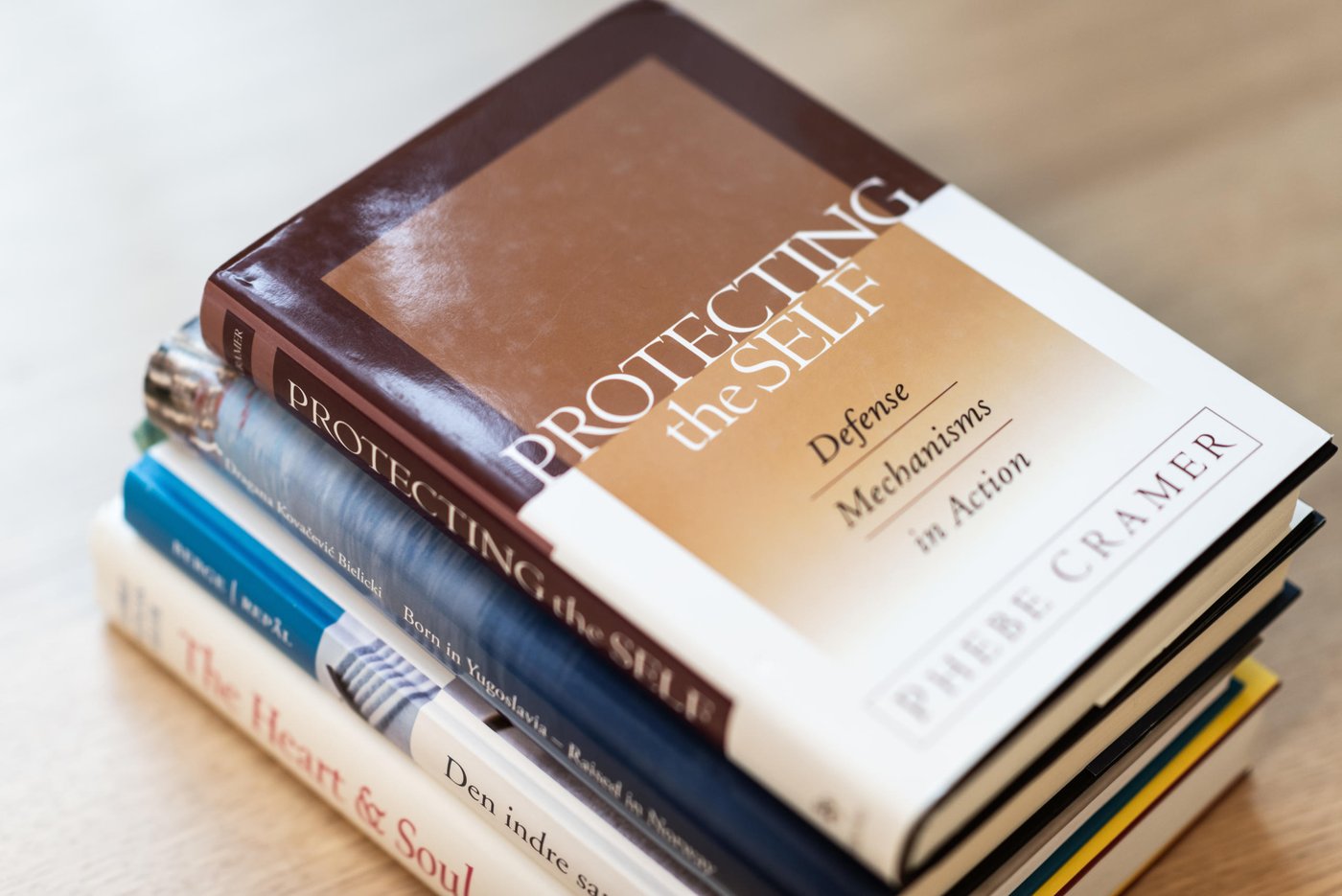
The gift is “just” a means
On his desk is a stack of books about human behaviour and mental processes. Titles like: Protecting the Self, The Inner Conversation and The Heart and Soul of Change.
Popovac continues with his story about the jacket:
“I also remember that it was washed and clean. It made me think that someone had made an effort to do this for me. An effort to make sure that the person who would receive the jacket – in this case it was me – would get a clean jacket. I remember thinking there was a lot of caring in that gesture.”
The whole concept of “gift-giving” … is really about strengthening bonds.
Popovac explains that a gift carries with it a relationship – and that this is the most important thing. Because gifts are not really about receiving things or presents. They are about relationships:
“The whole concept of ‘gift-giving’ – exchanging things with each other – is really about strengthening bonds. Therefore, the gift is really just a means,” he says.
Give to strengthen yourself
But can giving a gift have an impact on one’s own mental health?
Yes, says Popovac:
“Especially when we are in vulnerable situations. I often say that the best thing you can do for your own health is to give something to others.
“Psychological research shows that people who have depressive disorders, and often difficult experiences, can actually feel a little better if they become involved in volunteer work. Do something good for others and you do something good for yourself.”
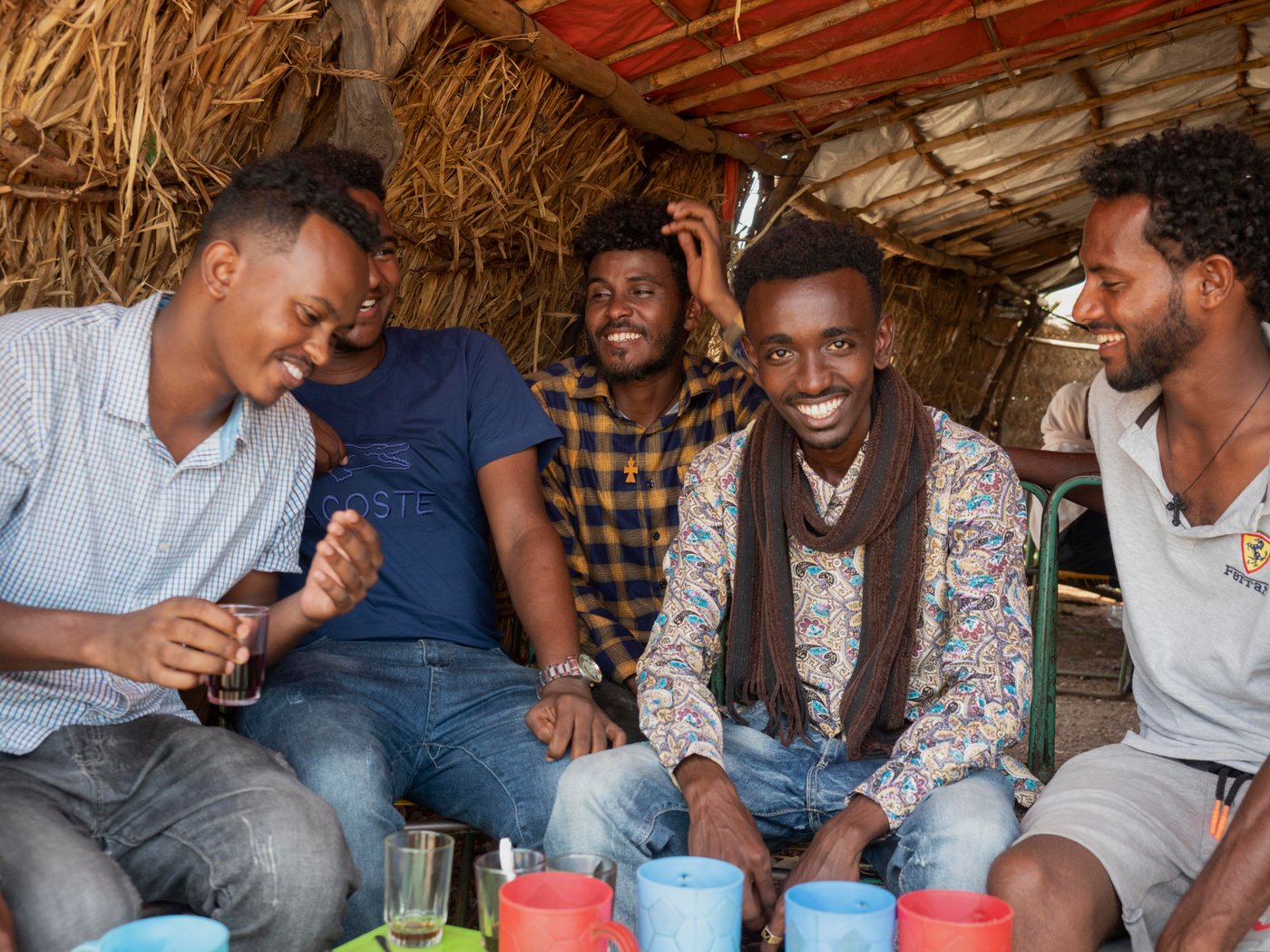
But it’s one thing to do something good for others in your local community, because then you see with your own eyes that it has a positive effect. Is it a different matter to help people who live in completely different parts of the world?
“You could ask yourself: ‘Why should I give to an aid organisation?’ Is it so that someone will notice you doing it? Is it because you want to improve your own status somehow? Is it related to a position you have in your network? Is it an important part of your identity?
“Or are you able to relate that action to your inner values? Values that no-one else can necessarily see. Do you give because it feels right to give? Is it the case that when you give – through that act – you can define yourself as a good person?”
Popovac returns to the jacket:
“The old man who gave me the jacket doesn’t know that I got it. But just knowing that you have done something that can help others will give you a better grasp of your own values. So that, through your action, you can further strengthen yourself as a person.”
***
Popovac digs out the poem “Ett er nødvendig” (One thing is necessary) by the Norwegian poet Hans Børli and asks: “Why not spread some of your light?”
One thing is necessary
One thing’s necessary – here
in this hard world of ours
of homeless and outcast people:
Taking residence in yourself.
Walk into the darkness
and clean the soot from the lamp.
So that people in the streets
can glimpse light
in your inhabited eyes.
***
Your true self
But when you see how much pain there is in the world, it’s easy to despair and feel hopeless. Maybe it’s not so motivating to give a gift?
“Then you are almost put to a kind of test: what can you do to preserve the good in yourself? And you can act on the basis of these values. Act on the basis that it is right for you to do so. And not because someone is going to applaud your actions,” Popovac answers.
He adds:
“Then you will be the person you want to be. The fact that we can actually influence what kind of person we want to be tomorrow – and that we define ourselves through our actions – is really an incredibly powerful ability. Just to act in line with this value, is very liberating and good. Kierkegaard says that is when we act like true humans.”
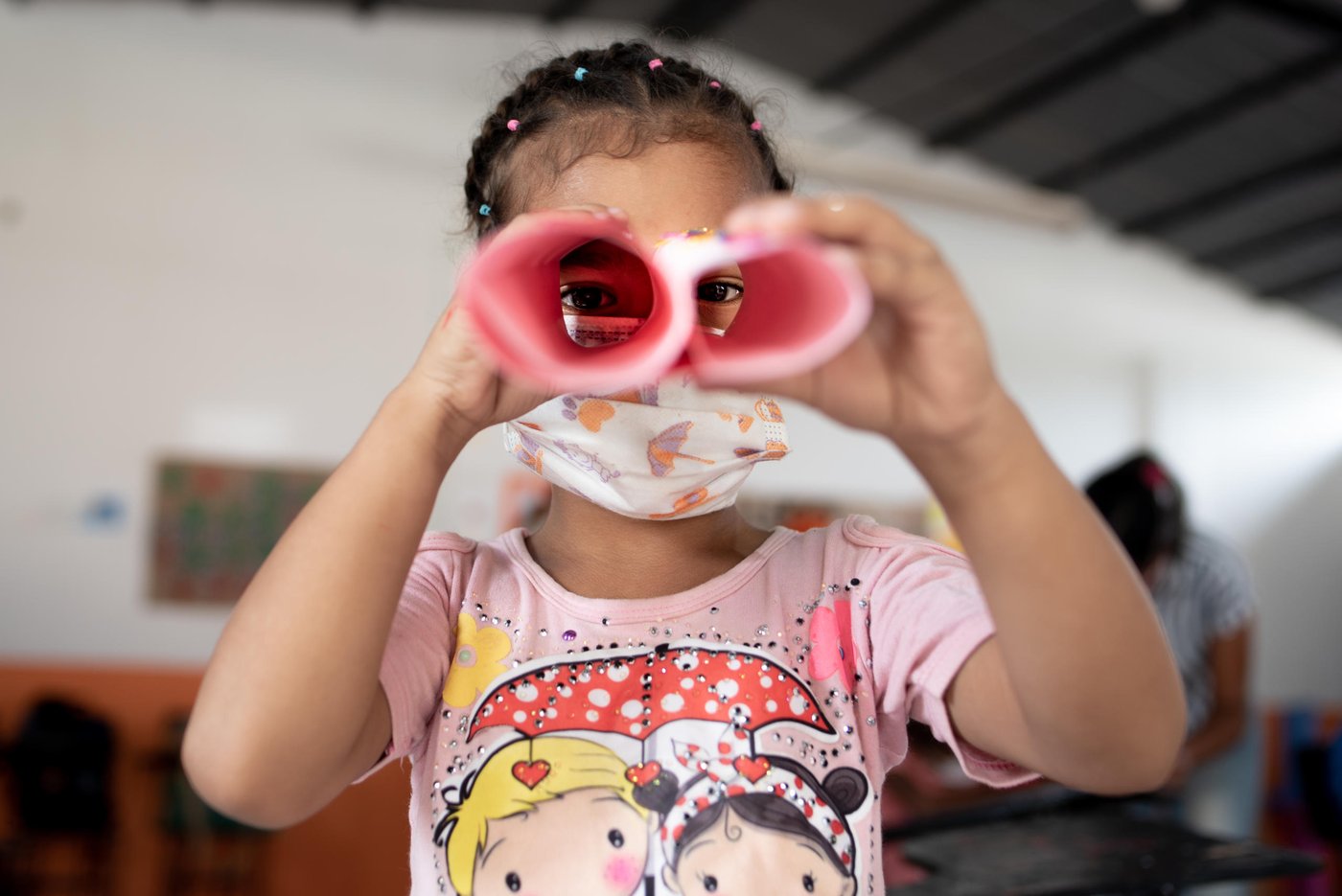
“I see you”
According to Popovac, giving things to each other is perhaps the world’s oldest sign language. It has stayed with us since our earliest origins.
“Imagine the moment when this shift of focus occurred for humans. From ‘I think of myself and experience myself as alone’ – to, in a way, suddenly becoming aware of ‘the other’. Recognising the other and becoming dependent on each other. ‘I see you. I recognise you. We share. And we form ties.’
Animals can give things to each other. It shows a kind of dependency.
“We see this in a number of other primates as well; animals can give things to each other. It shows a kind of dependency. You could put it bluntly and say that it is an acknowledgment of empathic contact. We are in this together and we need each other. That’s a wonderful thing. It’s a kind of physical expression of care, consideration and mutual dependence.
“Gradually, we developed languages, where we can say: ‘I care’ or ‘I’m thinking about you’. But giving still has its own power. A gift is care translated into action. It is a concretisation, ‘proof’ that someone is thinking of you.”
Lose yourself
What about the person who receives the gift?
“Think, for example, of displaced people: by fleeing, they have saved their own lives.
“But being forced to flee puts extreme pressure on one’s identity and experience of self. Because we are beings who depend on relationships. Our identity, our experience of self, is created in and maintained by our relationships. In developmental psychology, we say that the baby finds itself in the mother’s gaze. In how the mother ‘mirrors’ the baby. What the baby sees in the mother’s face becomes the baby’s image of self. This actually follows us for life.
“When you are forced to flee, many of these important relationships – this reflection – are broken. So what value does a refugee have? Who is there to confirm the person’s identity? Their experiences, feelings?”
The person ‘disappears’?
“Yes, you can really find that your own experience of self is put under pressure. But when you receive a gift, as in my case with the jacket, you don’t just receive the jacket. You receive a kind of confirmation of your own experience of self; that there is someone who see you,” says Popovac.
He explains that psychologists have been concerned with trying to map this effect. What actually happens when someone gives you something?
They have found four things:
- You receive a confirmation of your own existence: you exist, I see you.
- You receive confirmation of your own value: you are valuable, I care.
- You receive a confirmation of the “validity of the experience”: what you experience is real, it’s dangerous, it’s not healthy to feel that way.
- You confirm a relationship: I’m not alone, there are people out there who think about me.

Does this also apply when it comes to large aid organisations that arrive with lorries, and you queue up with many others to receive something you need, such as food?
“Absolutely. Then you think: ‘This came to me.’ And maybe you ask yourself: ‘Who sent it? There are people thinking about us.’”
When the gift is just being there
Popovac tells about his friend and colleague, psychologist Ajla Terzic:
“Right after she graduated, she was assigned to be a psychologist for women in Srebrenica, the area of Bosnia and Herzegovina where the horrific genocide took place. The largest war crime in Europe since World War Two, where over 8,000 men – young and old – were systematically slaughtered. The women who survived were left without male relatives.
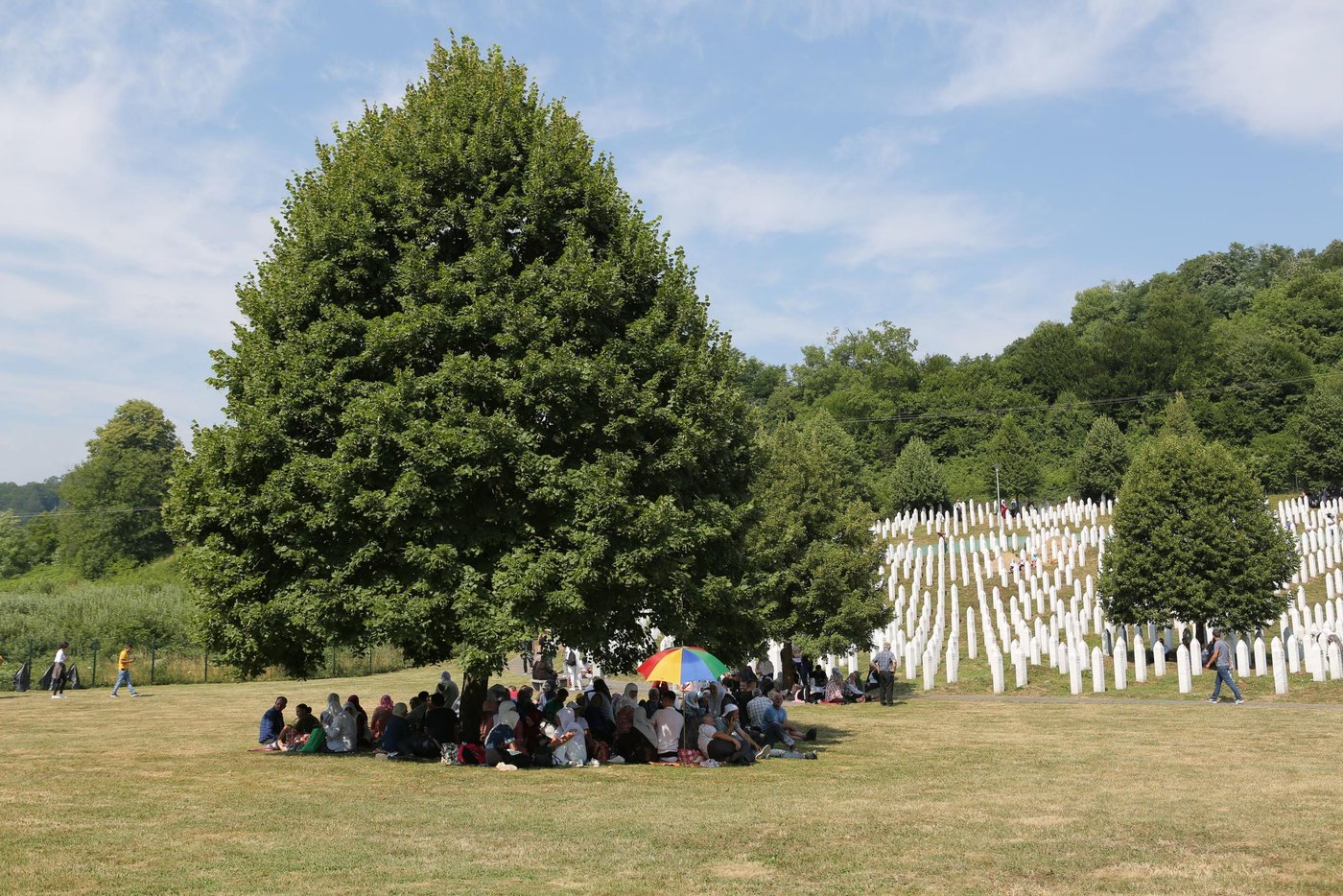
“Then this young psychologist arrives and is supposed to be with those who have had this overwhelming experience. What could she do?
“She is placed in a family where there is only one man left. And while she is there, that man takes his own life.”
Popovac shakes his head a little, before saying:
“Horrible. And amid all this pain, Ajla feels powerless.
“But then she wisely says to the women: ‘I feel completely powerless. I feel such intense grief with you.’ Then one of the oldest women says: ‘It’s fine. For us, it is important that you are just here.
“‘That you are a witness to our grief.’”
“It is the relationship, the presence of another who sees me, that is most important.”


